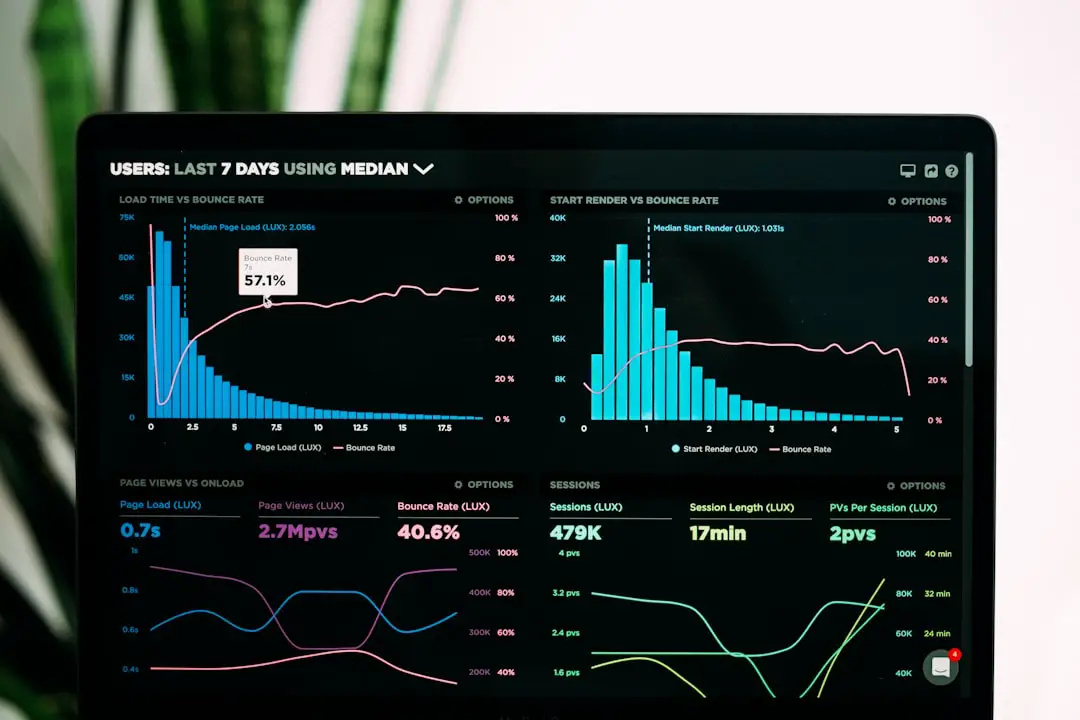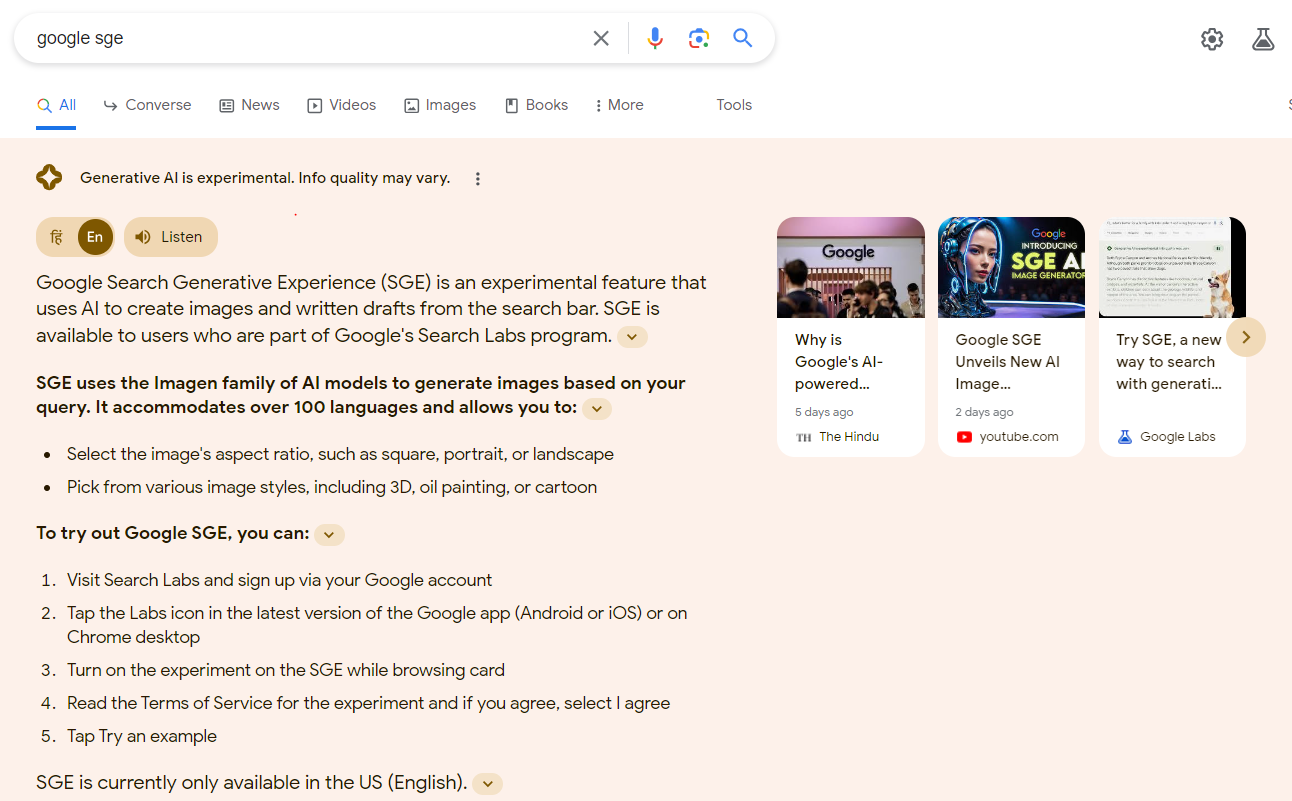The digital marketing landscape is undergoing a monumental shift, driven in large part by the rise of generative AI—a powerful technology that enables machines to create content, forecast trends, and even simulate consumer behavior. With AI capabilities maturing at a rapid pace, marketers are crafting a new playbook, one that blends creativity with machine-generated intelligence. This evolution is not just transforming workflows, it’s redefining what marketing success looks like.
The Role of Generative AI in Content Creation
One of the most compelling applications of generative AI in digital marketing is in content creation. Traditional content strategies required hours of human effort, drafting blog posts, social media content, email campaigns, and ad copy. Today, tools powered by generative AI such as GPT-4, Jasper, and Copy.ai can automate much of this workload, producing quality content faster and at scale.
Marketers now use AI to:
- Write product descriptions customized for different audience segments
- Generate blog outlines for SEO-optimized articles
- Create multiple versions of ads for A/B testing
- Repurpose existing content across platforms
This not only increases productivity but ensures consistency in brand voice. However, human oversight is still crucial for quality assurance and aligning outputs with the brand’s tone and values.

Enhanced Personalization and Customer Experience
Generative AI is revolutionizing personalization by helping marketers better understand, predict, and cater to individual customer preferences. With AI models trained on vast datasets, brands can now:
- Segment audiences more effectively using behavioral and demographic data
- Create hyper-personalized messages tailored to users’ past interactions
- Automate dynamic content in emails and websites based on individual journeys
Imagine an e-commerce site that automatically changes its featured products based on both seasonal trends and a visitor’s past purchases — all powered by AI. This level of personalization builds user trust, reduces bounce rates, and increases conversions.
Data-Driven Decision Making
Digital marketing has always been data-intensive, but generative AI takes data analysis to the next level. From predicting future trends to analyzing real-time campaign performance, AI equips marketers with actionable insights faster than ever before.
Key capabilities now include:
- Predictive analytics to forecast customer behavior and campaign ROI
- Sentiment analysis to gauge audience reactions
- Content performance modeling to recommend optimal publishing schedules
Brands can now make informed decisions backed by data patterns identified by AI, reducing guesswork and improving marketing effectiveness.

Streamlining Workflow and Operations
Operational efficiency is often the unsung benefit of integrating generative AI. Teams can cut down on repetitive tasks like drafting emails, generating social media messages, or analyzing competitor data. For instance, using AI-driven social media assistants, marketers can schedule posts, get hashtag suggestions, or even automatically respond to user inquiries.
Moreover, AI tools can assist with:
- Project management through smart collaboration platforms
- Timeline optimization based on past campaign performance
- Automated report generation for stakeholders and clients
This provides marketing teams with more time and capacity to focus on strategy, experimentation, and creative innovation.
Challenges in Adopting Generative AI
Despite its benefits, the adoption of generative AI in digital marketing comes with challenges:
- Quality assurance: AI can produce inaccurate or irrelevant content without proper human supervision.
- Bias in training data: If not monitored, AI may replicate or even amplify biases present in its data sources.
- Brand voice inconsistencies: Generated content must be reviewed to ensure it aligns with the brand’s identity.
- Privacy concerns: Marketers must be transparent with customers regarding AI usage, especially when handling personal data.
Addressing these challenges requires a strategic mix of technology, policy, and human intervention.
The New Skills Marketers Need
As generative AI becomes increasingly central to digital marketing, professionals must evolve their skill sets. Understanding how AI works and how to guide its output is becoming just as important as traditional marketing knowledge.
New skills for marketers include:
- Prompt engineering: Crafting effective inputs to get the best outputs from AI tools
- Data literacy: Understanding AI-generated insights to inform business strategy
- Content curation: Refining AI content to maintain authenticity and quality
Training programs and certifications in AI are already flooding the market, reflecting the urgency of upskilling in this area.
Future Outlook
The future of digital marketing will be deeply intertwined with generative AI. As models become more sophisticated and integrated with customer data platforms (CDPs), expect a marketing world where:
- Campaigns adapt in real time based on customer actions
- Virtual brand influencers and AI personas represent businesses
- Videos, voiceovers, and 3D assets are generated in seconds for promotions
Early adopters are already reaping the benefits of enhanced efficiency, deeper personalization, and better ROI. But with this evolution comes an imperative for marketers to operate within ethical boundaries and prioritize genuine customer engagement.

Conclusion
The integration of generative AI into digital marketing is no longer a futuristic vision — it’s here. This new playbook demands not just technical fluency but also strategic foresight, ethical responsibility, and continuous learning. By embracing this transformation, marketers can usher in a new era of targeted, efficient, and impactful consumer engagement.
FAQs: Generative AI & Digital Marketing
-
Q: What is generative AI?
A: Generative AI refers to algorithms capable of creating new content, such as text, images, and even code, based on training data. It’s used in marketing to automate content creation, personalize user experiences, and optimize campaigns. -
Q: How can generative AI help with social media marketing?
A: Generative AI tools can schedule posts, suggest trending hashtags, generate content ideas, and even respond to comments or inquiries, all of which improve engagement and efficiency. -
Q: Is content created by AI copyright safe?
A: This depends on the tool used and the jurisdiction. It’s advisable to review AI-generated content, modify it as needed, and ensure it aligns with copyright best practices. -
Q: Do I still need a human content team if I use AI?
A: Yes, AI is a tool that augments human creativity. Humans are still essential for strategy, quality control, emotional intelligence, and maintaining brand consistency. -
Q: What skills should marketers develop to work with generative AI?
A: Skills like prompt engineering, data analysis, content editing, and ethical AI understanding are becoming increasingly valuable for modern marketers.
